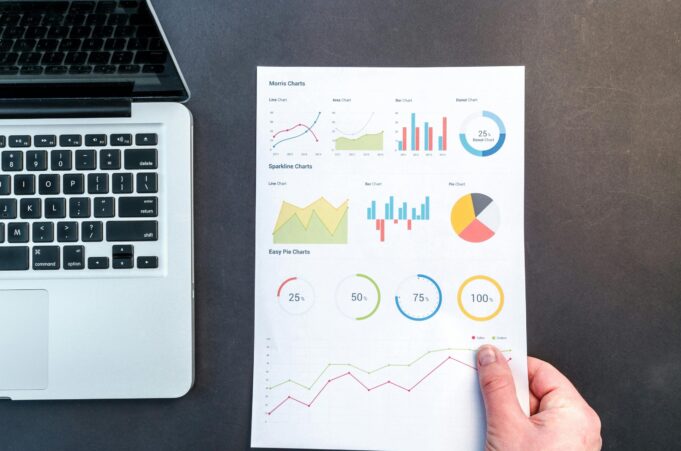Requirements for Data Analytics
To get started with data analytics, you’ll need to develop a set of skills and knowledge. Here are some of the key requirements:
- Technical Skills: Proficiency in programming languages like Python, R, or SQL is essential for data manipulation, analysis, and visualization.
- Statistical and Mathematical Knowledge: Understanding of statistical concepts, probability, and data modeling is crucial for making sense of data and drawing meaningful insights.
- Data Visualization: Ability to create effective data visualizations, such as charts, graphs, and dashboards, to communicate findings to stakeholders.
- Problem-Solving and Critical Thinking: Data analytics requires the ability to ask the right questions, identify patterns, and draw conclusions from complex data sets.
- Business Acumen: Understanding the context and business objectives of the data you’re analyzing is important for providing relevant and actionable insights.
Time Management for Data Analytics
Effective time management is essential for success in data analytics. Here are some strategies to help you manage your time effectively:
- Set Clear Goals: Establish specific, measurable, and achievable goals for your data analytics projects to stay focused and on track.
- Prioritize Tasks: Identify the most important and urgent tasks, and allocate your time accordingly. Use techniques like the Pomodoro method or time blocking to stay productive.
- Minimize Distractions: Identify and eliminate distractions, such as social media or email notifications, that can disrupt your workflow.
- Take Breaks: Regular breaks are crucial for maintaining focus and preventing burnout. Use the time to recharge, stretch, or engage in other activities.
- Continuous Learning: Dedicate time to learning new skills, techniques, and tools to stay up-to-date with the latest developments in data analytics.
Resources for Getting Started
There are many resources available to help you get started with data analytics, including online courses, tutorials, and communities. Here are some suggestions:
- Coursera
- Udemy
Also stay tuned here as i’ll be dropping many hep tips to make the journey easy for you





Comments are closed.